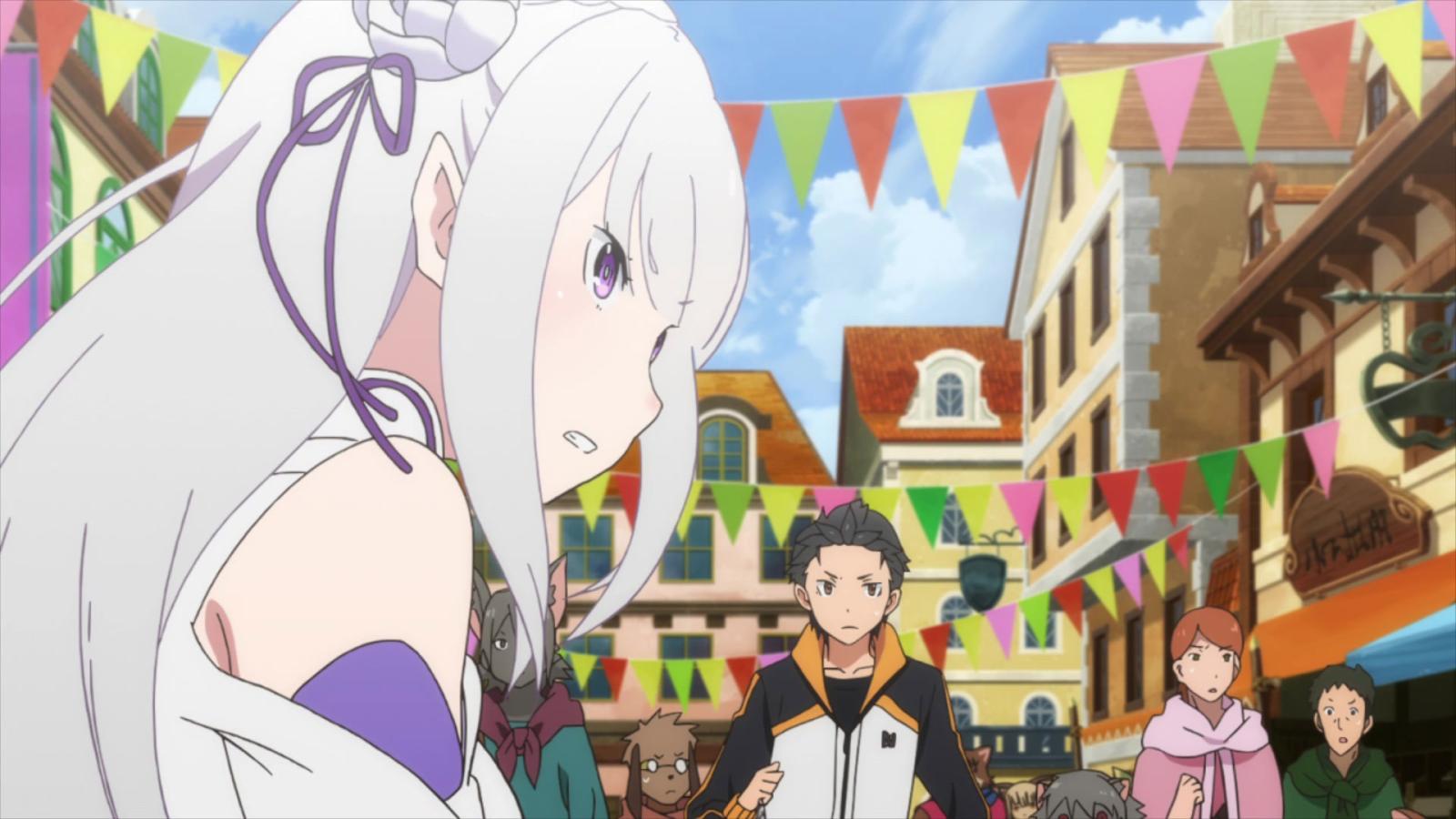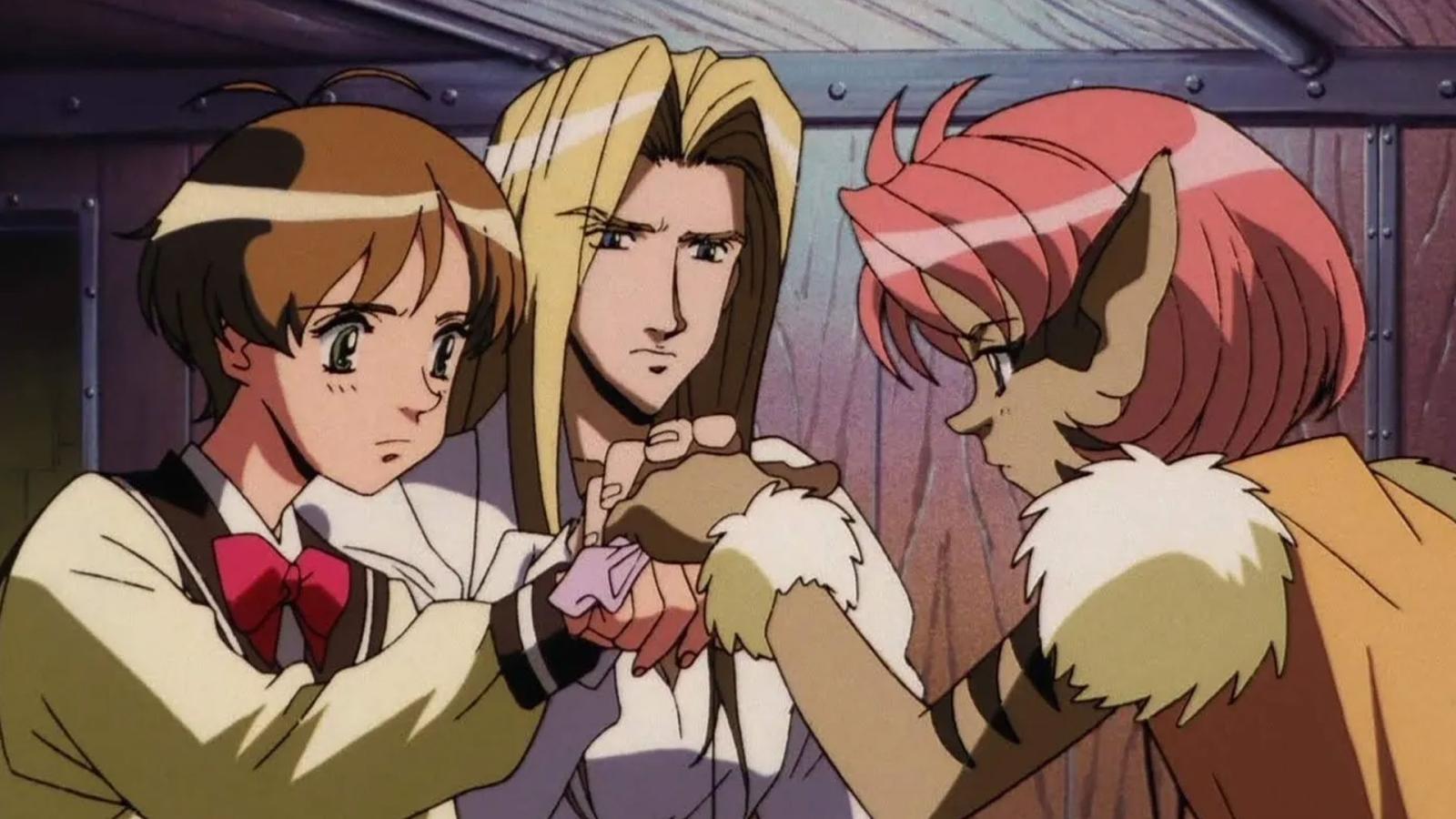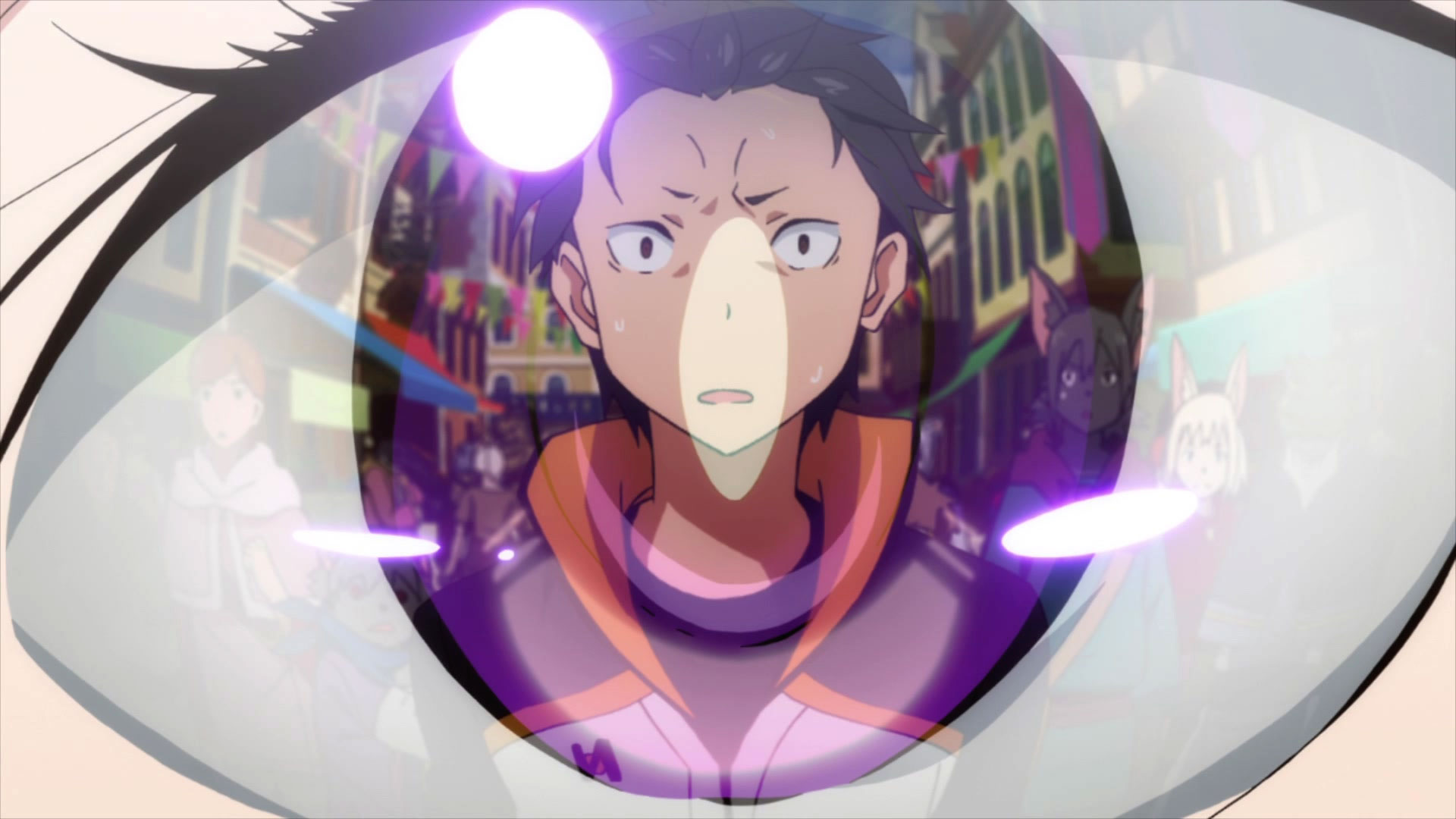Seriously, these arguments have become overwhelming.
Summary:
- Many fans argue about the definition of isekai, and there are many different takes out there.
- Some series are obviously isekai, while for others it’s not that easy to tell.
- A lot of series get mislabeled as a result of confusion, and some fans don’t even include anime that are obviously isekai in the modern definition.
The definition of isekai has been a topic of debates among anime fans for a while. These arguments have only gotten stronger since the start of the isekai boom a few years ago.
On paper, there should be no debate about this: after all, isekai simply means “another world” in Japanese. However, when you start getting into specific shows, the line starts to become more vague.
It’s obvious at first

Something like Re:ZERO -Starting Life in Another World- (Re:Zero kara Hajimeru Isekai Seikatsu), where the main character finds himself transported to another world, is definitely an isekai.
Outside of just suddenly being transported, other common tropes of a character appearing in another world include being reincarnated, as in Mushoku Tensei: Jobless Reincarnation (Mushoku Tensei: Isekai Ittara Honki Dasu), or summoned directly, as in The Rising of the Shield Hero (Tate no Yuusha no Nariagari).
All these series are obviously isekai, as some of their names even state. However, the name doesn’t always clear things up. Restaurant to Another World (Isekai Shokudou) features a restaurant for inhabitants of different worlds — it is, in a sense, an isekai, as characters do go to a world different from theirs.
It gets more confusing
.jpg)
It only gets worse from there. “Transported into a game” series are definitely isekai, but what about “stuck in the game,” like Sword Art Online and .hack//Sign? The common consensus is that those aren’t really isekai, but the opinions are more divided than you’d think.
Some people extend the definition of isekai to fantasy series that are not necessarily a part of the genre. Anime featuring reincarnation into the same world, like The Strongest Sage with the Weakest Crest (Shikkakumon no Saikyou Kenja) might as well be isekai in execution.
To some extent, that is because isekai anime often doesn’t bother making the isekai part relevant. Even generic fantasy series with game elements are often mislabeled as isekai.
There are also cases that don’t belong to any of these categories. Ishura is undoubtedly an isekai, but there’s no single protagonist — and some characters do come from another world, but they are a minority.
Reverse isekai series like Re:Creators also exist, and there are questions about how to classify them — especially with the more borderline examples like Dead Mount Death Play.
Other fringe takes

Fans don’t make the issue any less confusing. Some people consider themselves isekai purists — and don’t even consider older isekai anime like The Vision of Escaflowne (Tenkuu no Escaflowne) a part of the genre because they don’t follow the modern structure of it.
Others go for a different approach, and group the series via the strictest definition of the word. In their opinion, even Angel Beats! is technically an isekai — after all, the characters do find themselves in another world… which is the afterlife. Perhaps we should all finally decide on a common definition for the genre.

